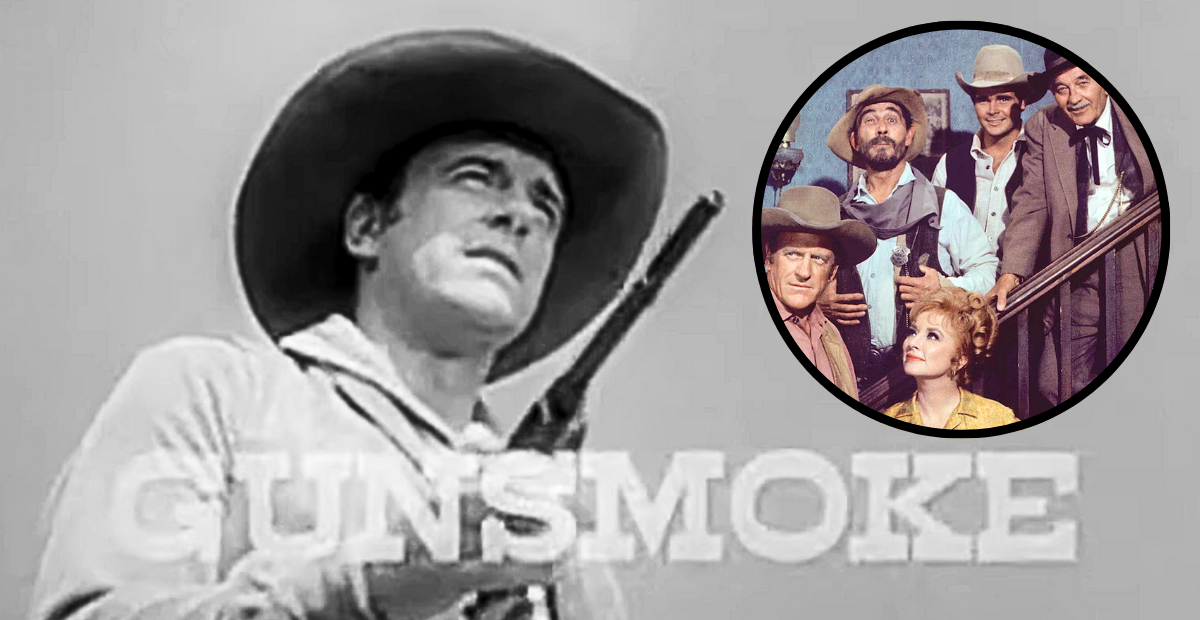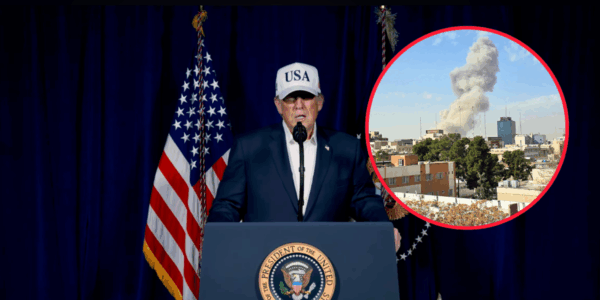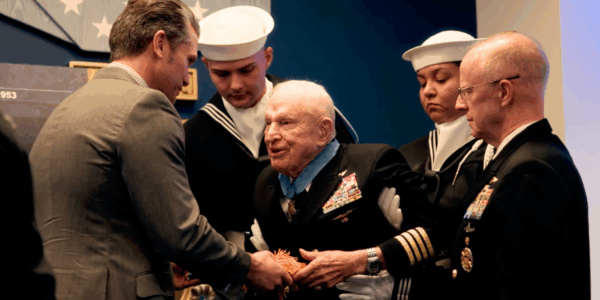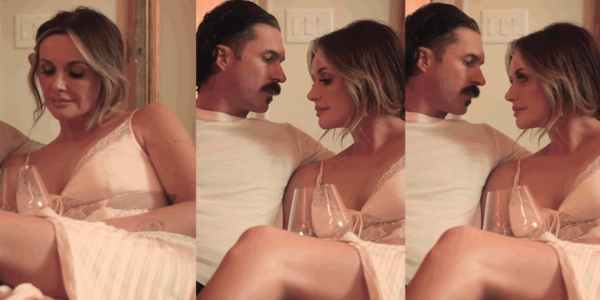70 Years Later, The Small Screen Western ‘Gunsmoke’ Still Stands Tall
on Sep 10, 2025

‘Gunsmoke’ Delivered On Promise Of Being A Character-Driven TV Show For Adults
The first televised episode of Gunsmoke aired on September 10, 1955, helping to usher in a tradition of quality dramatic series on the small screen.
Set in Dodge City, Kansas, in the late 19th century, the Western series followed the day to day work of U.S. Marshal Matt Dillon, played by then rising star James Arness.
His role in maintaining peace often found him relying on the wisdom and help of others, such as the beloved characters Doc and Miss Kitty, with the show valuing hard decisions made for the greater common good.
This element endeared Gunsmoke to viewers, allowing it to run for 21 seasons, with its final episode airing in 1975.
‘Gunsmoke’ Premiered With Help From John Wayne
Today’s dramatic television landscape includes shows like Yellowstone as a rule rather than an exception, but the arrival of a show like Gunsmoke was hardly typical at the time.
Running counter to a sea of variety shows and programs geared to a generally younger audience, Gunsmoke set out to meet a dramatic need of a more mature viewer.
Prior to the broadcast of the first episode of Gunsmoke, the press was abuzz about the tone of the show compared to other Westerns that had been produced for TV, noting it would be standing in the shadow of the successful radio program of the same name.
In the Baltimore Sun, it was written that viewers of the show could expect the following:
“Instead of the fast-shooting, hard-riding, rough-and-tumble style of the usual television Westerns, with their sanctimonious, childish heroes, ‘Gunsmoke’ will undertake to emphasize the storyline and characterizations. They’ll use bullets instead of blanks, so we’re told, but there’ll be no gunplay unless it is essential to the plot.”
Similarly, the Oklahoma City Advertiser wrote of the intent of the show, saying, “Viewers appreciate intelligently conceived and produced programs directed towards an adult audience.”
Other publications even noted that viewers should anticipate seeing fewer horses than the average Western.
Ahead of the first episode of Gunsmoke being broadcast on CBS on September 10, 1955, the show had the blessing of a significant presence in Hollywood, and with special attention to Westerns.
“I’ve made a lot of pictures out here — all kinds — some of them have been Westerns,” said Hollywood film icon John Wayne as he introduced the first episode of Gunsmoke. “That’s what I’m here to tell you about tonight: a Western. A new television show called Gunsmoke.”
Stating he wishes he was in the show himself, adding that he thought it was “the best thing of its kind that’s come along,” Wayne’s endorsement of the show helped elevate the prestige of the program on its first night, with the show airing as late as 10 p.m. to keep it from the eyes of youngsters.
“It’s honest, it’s adult, it’s realistic,” said Wayne of the show.
It had long been rumored that Wayne had been offered the lead role of Marshal Dillon, but that was debunked in a 1975 interview in TV Guide, in which the show’s producer and director, Charles Marquis Warren, said:
“I hired Jim Arness on the strength of [the 1952 film ‘Hellgate‘ that] he’d done for me. At the last minute, he decided being on the little screen might not lead anywhere and he asked his friend Wayne to help get him out of his contract. Wayne not only advised Arness to take the show but volunteered to give it a send-off. I never thought for a moment of offering it to Wayne. But to this day even some of the cast go around repeating that story.”
Watch John Wayne’s introduction to the first episode of Gunsmoke, here:
Related: Wife Of “Gunsmoke” Star James Arness Opens Up About Their Marriage
Creator Of The TV Show ‘Gunsmoke’ Was A Western Maverick
Charles Marquis Warren, who developed the television series Gunsmoke, was a jack of all trades in the film industry in the 1950s, working as a novelist and theatre director as well.
As a filmmaker, he proved himself as a talent who could work with stars on a limited budget, while still bringing in a profit.
Following the 1948 Supreme Court ruling in the United States v. Paramount Pictures, Inc. — which ruled against film studios owning their own theaters — film studios were beginning to struggle financially.
Unbeknownst to them, the studio system’s collapse was swiftly approaching, and the rise of television was largely perceived as competition to the film industry.
The Supreme Court’s antitrust ruling also opened the door for wider independent filmmaking, and directors like Charles Marquis Warren flourished.
The Baltimore Sun reported the following of Warren in a September 8, 1955, article on Gunsmoke:
“Several years ago, Mr. Warren foreshadowed a current trend in Hollywood by turning out ‘Little Big Horn,’ a very good action film, in eight days at a cost of $138,000, by using talented actors and dramatic know-how instead of a big budget and lavish settings. It has grossed more than $1,000,000.”
His ability to work quickly and on a low budget made him a natural for television production, with Warren going on to direct all 26 episodes of the first season of Gunsmoke.
Warren created other successful Western shows as well, such as Rawhide, with Clint Eastwood; and The Virginian, based on the Owen Wister’s staple of Western literature.
He also directed a wide range of Western films, with Tension at Table Rock (1956) showing his craft at its most artful and atmospheric; and Seven Angry Men (1955), which dramatizes John Brown’s raid on Harper’s Ferry, demonstrating his ability to convey a politically charged narrative.
Further, in 1969, Elvis Presley starred in his final three films, one of which was the Western film Charro!, which was Warren’s penultimate film as director.
Gunsmoke may be streamed in its entirety on Pluto TV.












